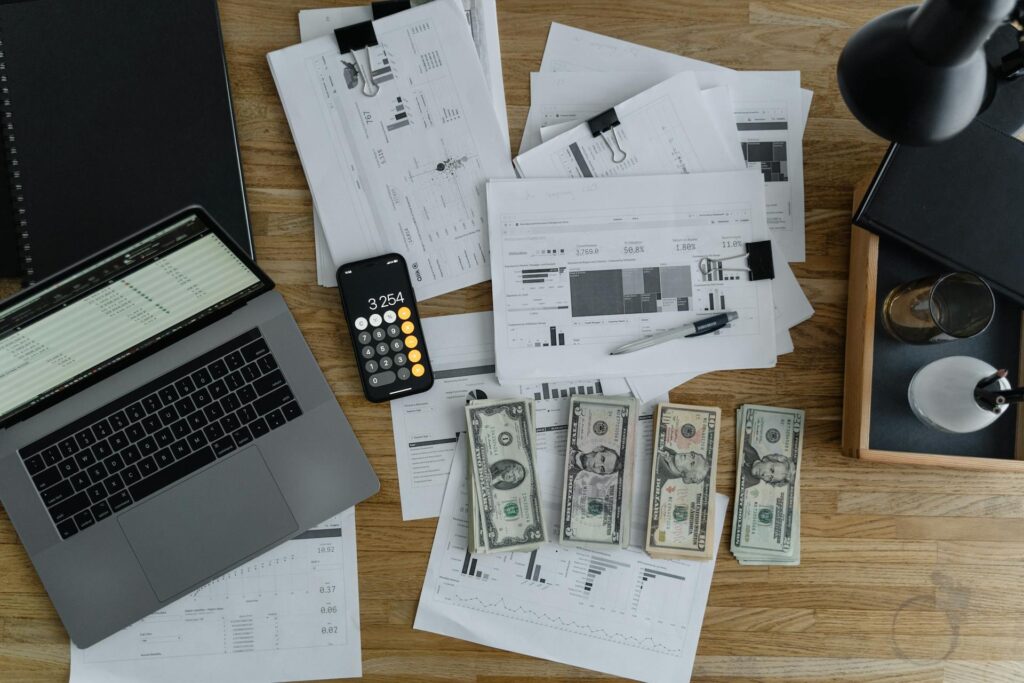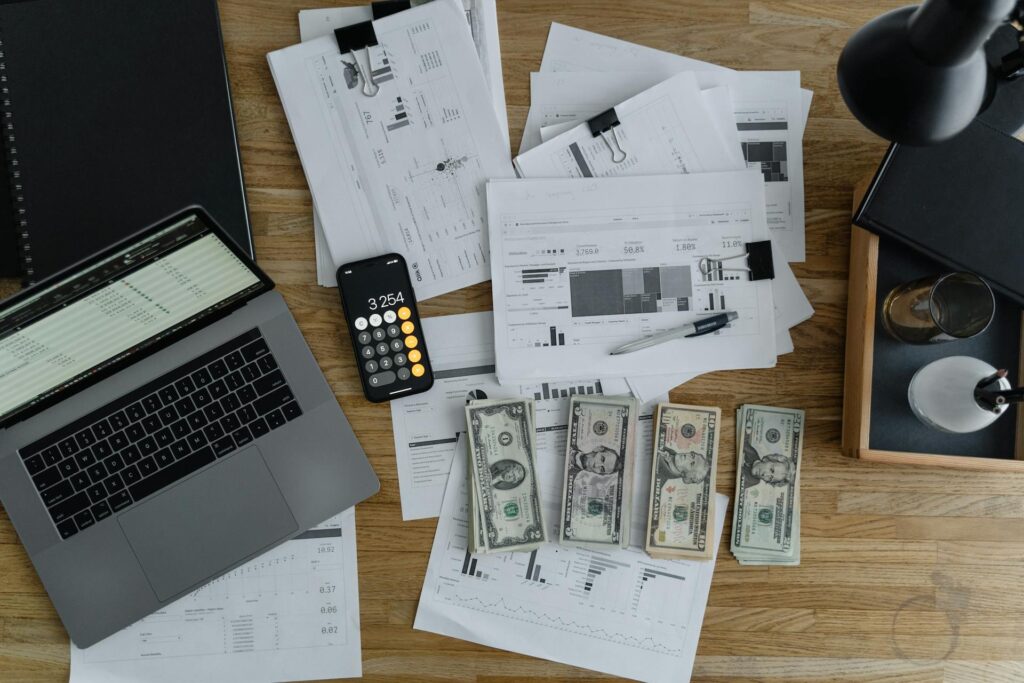Economic literacy is understood as the ability that will help you save money and achieve financial success throughout your life.
To manage and plan for the future in the current economy, it becomes appropriate to learn how to budget, minimize expenditure, and save money.
Whether it is to finance a house, to extinguish a debt, to finance an education, to retire, or just to minimize spending, saving money is a must. A small amount grows through compounding.

1. Budgeting Basics
This shows where the money is being spent to ensure efficient and effective spending. Establish a realistic estimate in correlation with income and plans for financing. Make sure that you have a budget that will help you determine where your money/income goes. In this way, you’ll be able to tell which area is taking most of your money and now how to cut down on it appropriately.
2. Living Frugally and Eliminating Unnecessary Expenses
This means that one should attempt to minimize costs that are not crucial. Let’s be honest, a lot of people spend money and then go back home later to realize that what they spent on was completely irrelevant to them. This realization may take a few days, or even a few hours or as quickly as a minute. Reduce expenses on such items as meals from restaurants, fast foods, deliveries, etc. Why would you want to eat out, then come home 30 minutes later to start cooking again? If it is not really necessary, expenses like this should be cut down.
3. Creating a Savings Plan
The third approach to saving is by setting specific monthly savings targets. Transfer money to and from the savings accounts without the need for manual intervention.
4. Automating Savings
Pay recurring bills and expenses using the checkbook and transfer money from checking to savings account. Use payroll deductions or auto-drafts for other expenses/investments/retirement saving.
5. Cooking at Home
Make weekly schedules for menus and required groceries. Get all the things that would make you want to go out to eat in that restaurant and make your meals at home to save money for transportation to the restaurant and money spent on meals. Use cooking utensils and prepare foods at home, instead of procuring them from restaurants and other eating joints.
6. Reducing Utility Costs
Decrease the temperatures of the thermostat to cut down on the electricity used in heating or cooling the room. Dispose of old fridges, ovens, light bulbs and bring in new efficient ones. This will help reduce the amount of energy you consume, therefore it will cut down on the electricity bill.
7. Use Certain Services And Tools:
Shop during sales and use coupons available on store membership cards and on the internet. Please utilize apps and browsers that can automatically select the best available discount for you.
8. Using Cashback and Rewards
Credit cards and applications should be used, whereby one is rewarded with cash back on the purchases made. Conversely, they may be able to use their credit card points to receive statement credits or other special features.
9. Reevaluating Subscriptions
Regularly review spending in the area of subscriptions to eliminate unnecessary purchases. Cancel underutilized memberships/services.
10. Investing in Energy Efficiency
Weatherstrip doors and/or windows, install a programmable thermostat. Seal home gaps and gaps to reduce the costs of energy at one’s home.
Remember:
It is important always to save money as this is very vital for instance in cases of an emergency or planning for future events. Some of the 10 money-saving tips that you can practice include identifying areas where you can reduce your expenses from your monthly budget.
Begin by looking at where you stand on the needs and wants front as far as spending and subscriptions are concerned. Next, opt for changing certain behaviors such as dining out, choosing another energy provider, and insulating a home.
Using the money to pay for items that offer cashback and rewards, as well as transferring it to savings and letting it grow through compounding is another way.
One may accumulate a relatively large sum of money within a few years, even by saving a few dollars per month. It remains the same way that it is about consistency and the ability to turn the saving into a habit.
Implement even some of these tips on the use of funds, and one will start observing increases in his/her account balances.



